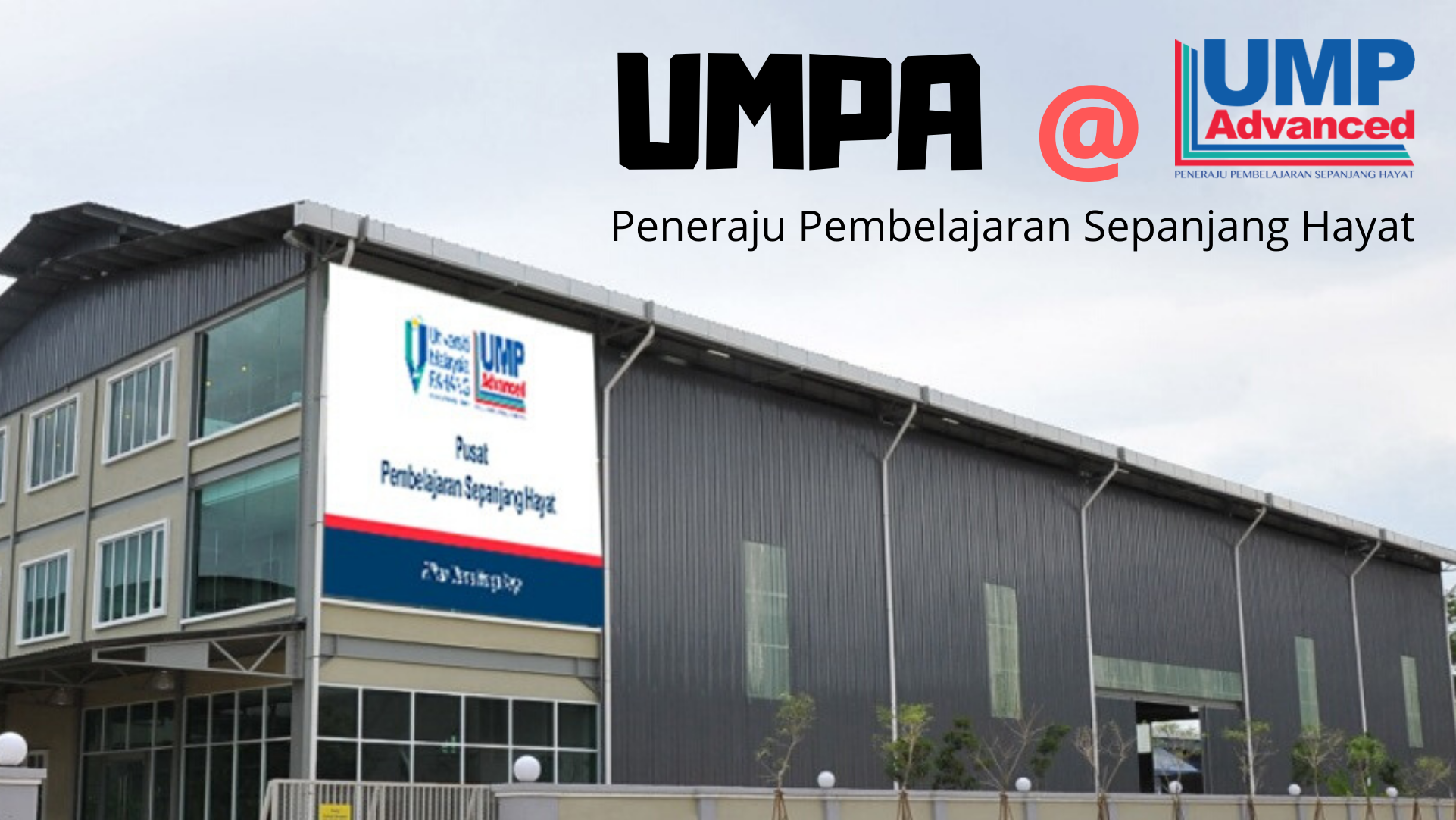
To Create Or Maintain A Secure Environment, Organization Must Design A Working Security Plan And Then Implement A Management Model To Execute And Maintain The Plan. This May Begin With The Creation Or Validation Of A Security Framework, Followed By An Information Security Blueprint That Describes Existing Controls And Identifies Other Necessary Security Controls. A Framework Is The Outline Of The More Thorough Blueprint, Which Is The Basis For The Design, Selection, And Implementation Of All Subsequent Security Controls.
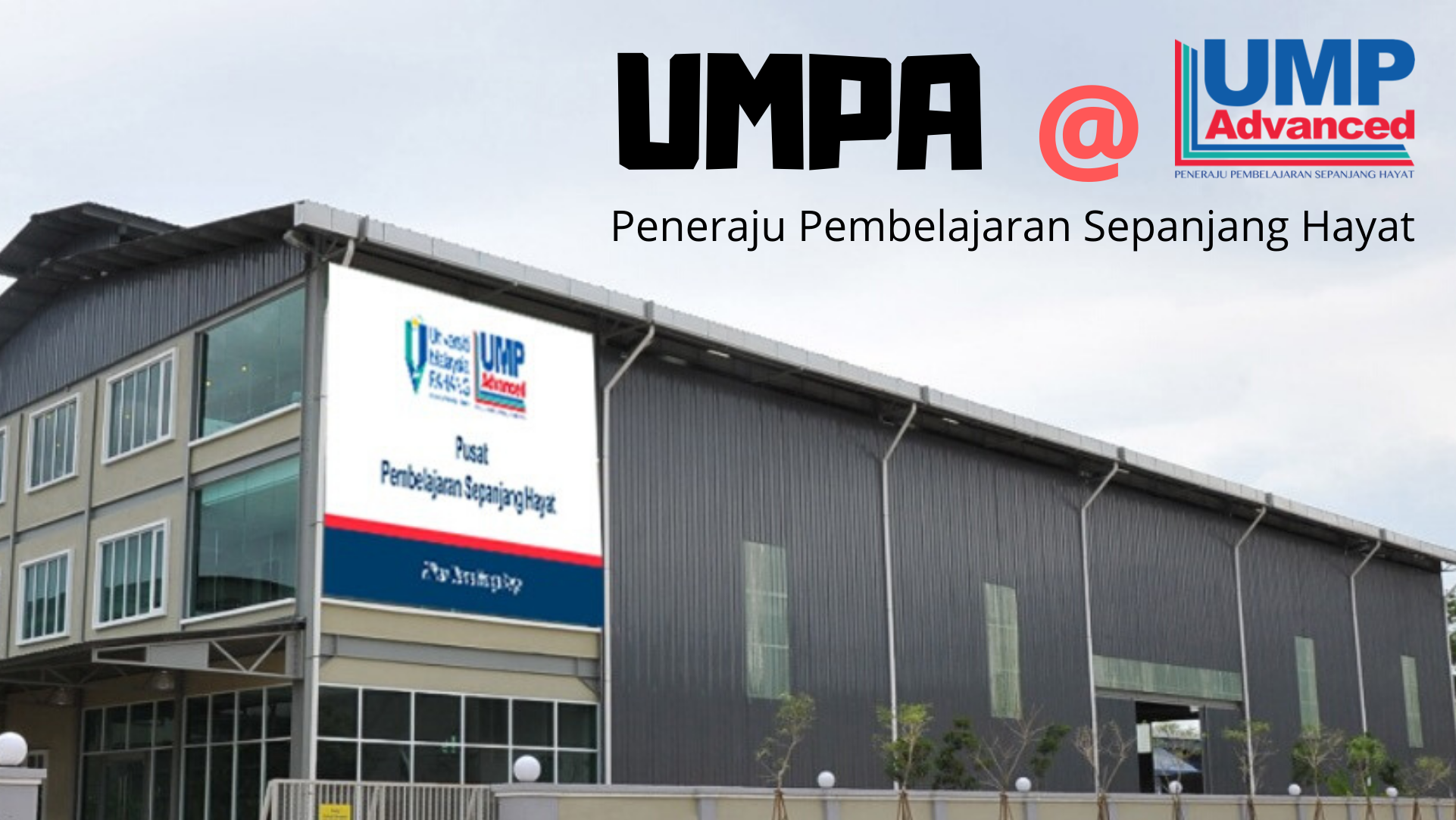
Safety plays a critical role in operation management as it ensures the well-being of employees, protects assets, and promotes the overall efficiency and productivity of an organization. This synopsis focuses on the importance of safety in operation management and highlights key strategies and practices to ensure a safe working environment. The synopsis addresses the following points: Importance of Safety: It emphasizes the significance of safety in operation management by discussing the potential risks and hazards associated with operational activities. It emphasizes that prioritizing safety not only prevents accidents and injuries but also enhances employee morale and organizational reputation. Risk Assessment and Mitigation: The synopsis highlights the need for conducting comprehensive risk assessments to identify potential hazards and risks within the operational processes. It emphasizes the importance of implementing effective risk mitigation strategies, such as implementing safety protocols, providing adequate training, and ensuring proper equipment maintenance. Safety Culture and Leadership: The synopsis emphasizes the role of organizational culture and leadership in promoting safety. It discusses the importance of fostering a safety-conscious culture where employees are encouraged to report hazards, participate in safety programs, and adhere to safety protocols. It emphasizes the need for strong leadership commitment to safety and the establishment of clear safety policies and procedures. Training and Education: The synopsis highlights the significance of providing adequate training and education to employees regarding safety procedures and best practices. It emphasizes the need for regular safety training sessions, workshops, and drills to ensure that employees are well-prepared to handle potential emergencies and operate in a safe manner. Continuous Improvement and Evaluation: The synopsis emphasizes the importance of continuous improvement in safety management. It discusses the need for regular evaluation of safety processes, performance metrics, and incident reporting to identify areas of improvement and implement corrective measures. It emphasizes the importance of learning from past incidents and sharing safety-related knowledge and best practices across the organization. Overall, this synopsis provides a comprehensive overview of the importance of safety in operation management and highlights key strategies and practices to create a safe working environment. By prioritizing safety, organizations can enhance employee well-being, minimize operational risks, and achieve greater overall success.
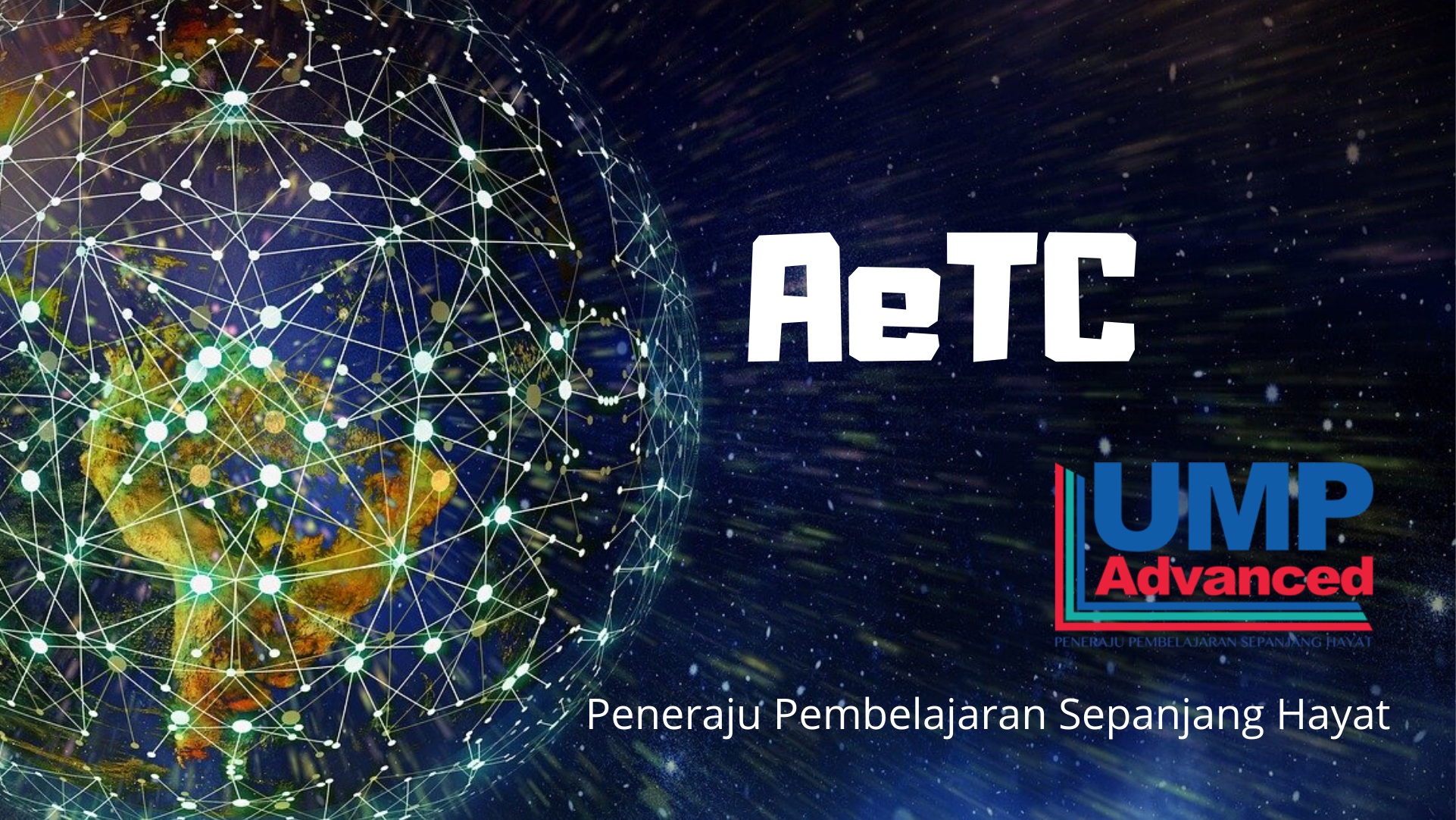
The Project Management Term Action Of Monitoring And Controlling Processes Refers Specifically To Those Particular Processes That Are Implemented By The Project Team And/or The Project Team Leader For The Sole And Explicit Purposes Of Taking A Careful And Thorough Measurement Of And To Complete A Through Monitoring Of The Team’s Project Execution To Date. The Purposes Of The Project Team’s Implementation Of Monitoring And Controlling Processes Include A Retrospective View In Hopes Of Potentially Implementing Corrective Action In The Event That Any Action Of This Type Is Deemed Necessary. This Can Be The Case When Any Particular Phase Of The Project Has Taken A Wrong Turn Or Has Possibly Fallen Behind Schedule In Regards To The Execution Elements. The Act Of Monitoring And Controlling Project Processes Is Essential To Maintaining An Efficient And Effective Workflow Throughout The Project.
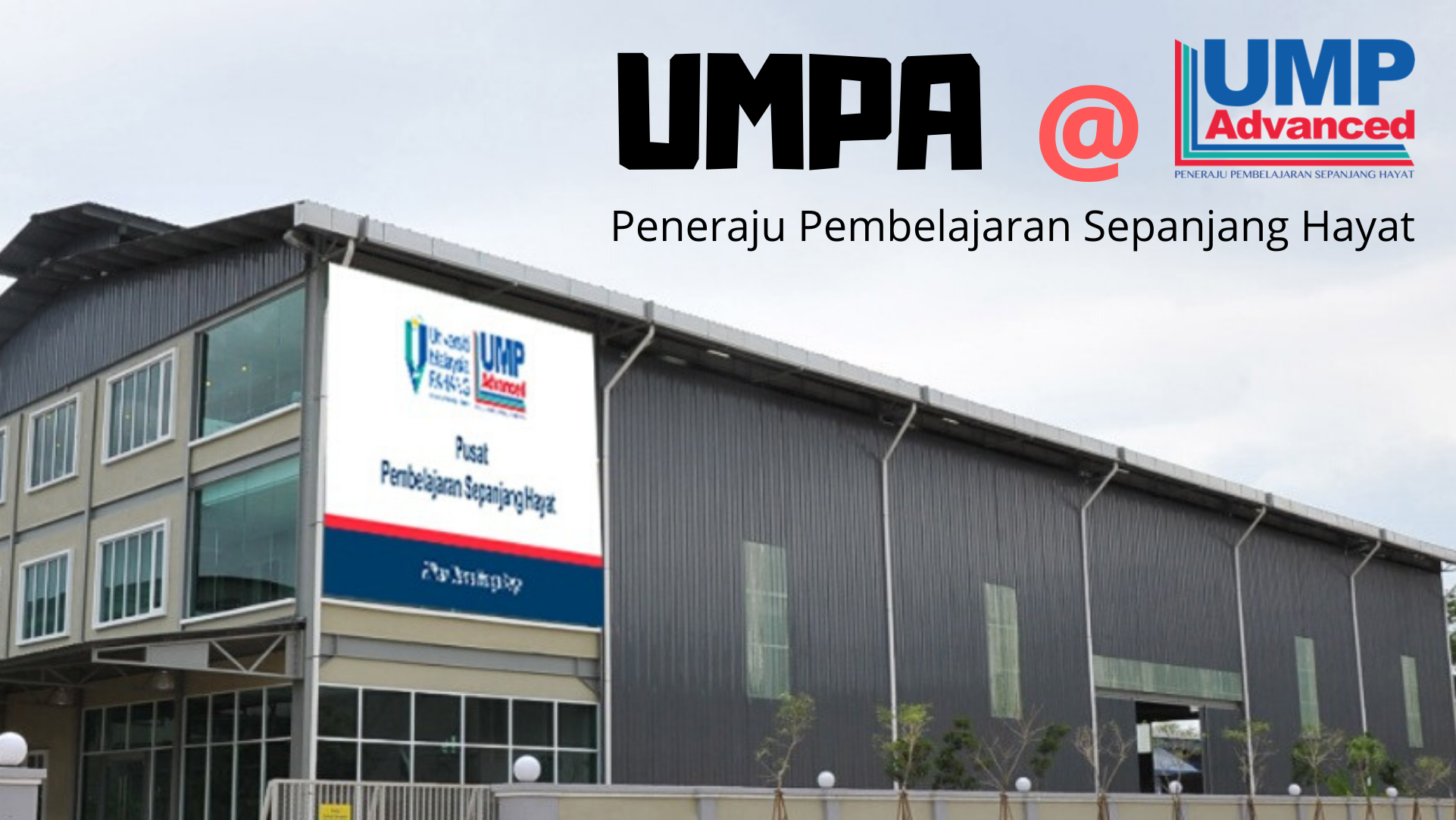
This Course Will Expose Students To The Challenges Involved In Managing Supply Chains And Understand The Complexity Of Inter-firm And Infra-firm Coordination.
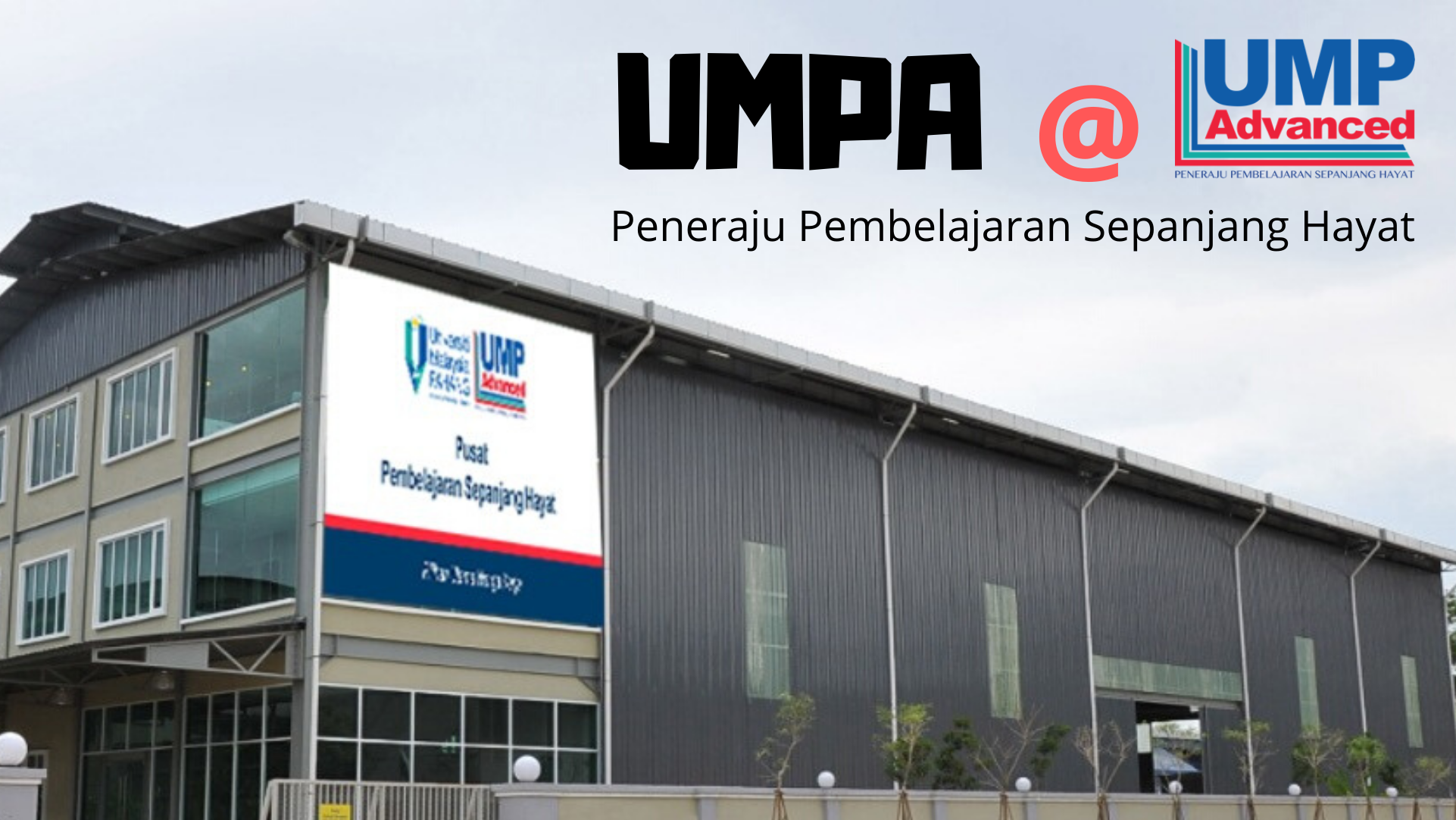
This Course Focuses On The Concepts, Techniques And Tools To Design, Analyze, And Improve Core Operational Capabilities, And Apply Them To A Broad Range Of Application Domains And Industries. The Effective And Efficient Management Of These Operations Can Provide An Organization With Major Competitive Advantages Since The Ability To Respond To Customer And Market Requirements Quickly, At A Low Cost, And With High Quality, Is Vital To Attaining Profitability And Growth Through Increased Market Share. Roles And Functions Of An Operations Manager, Problems Solving And Other Related Issues Are Also Emphasized In This Course, Therefore, Operations Management Principles And Techniques Which Have Been Proven To Overcome Problems Will Be Cited In An Example.
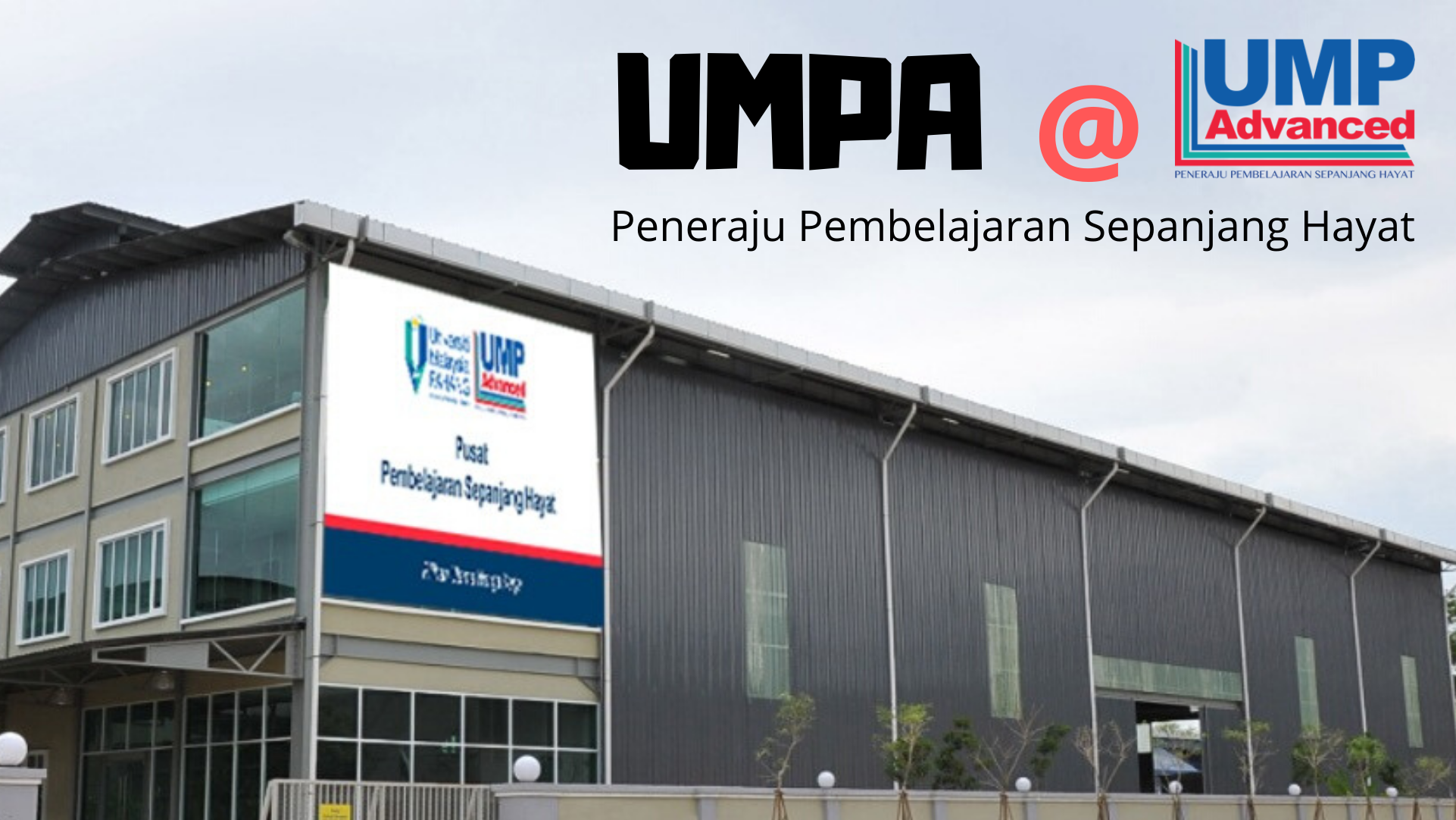
Module Synopsis: A Good Project Costing Helps All Team Members’ Work Together To Meet Project Objectives. A Project Budget With Realistic Cost Constraints Is Also An Essential Bedrock Of Any Project. In This Course Student Will Learn To Plan And Stick To Time And Cost Constraints In Order To Ensure The Success Of Organizational Projects.
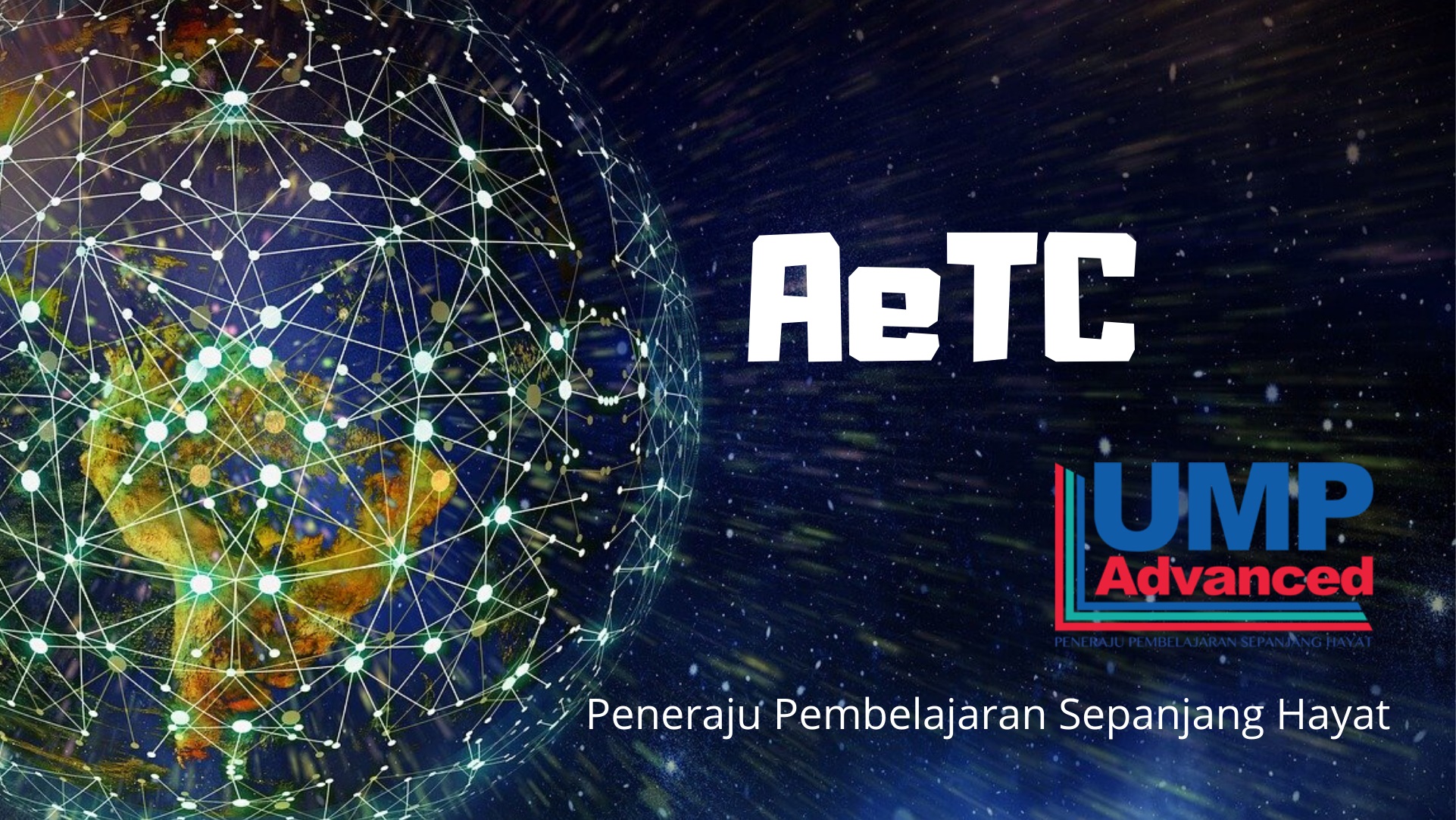
This Module Focuses Primarily On The Concepts, Principles, Methodologies, And Implementation Of Total Quality Management And Continuous Improvement, Setting Quality Standards, Manufacturing, Mapping Manufacturing Processes, Technical Problem Solving And Reporting Technical Problems. Introduction: Quality- Definition, Dimensions, Quality As A Source Of Value, Costs Of Quality, Quality Control, Quality Assurance, Concept Of Total Quality, Total Quality Control & Management, Benefits Of TQM, Reasons For Failure Of TQM
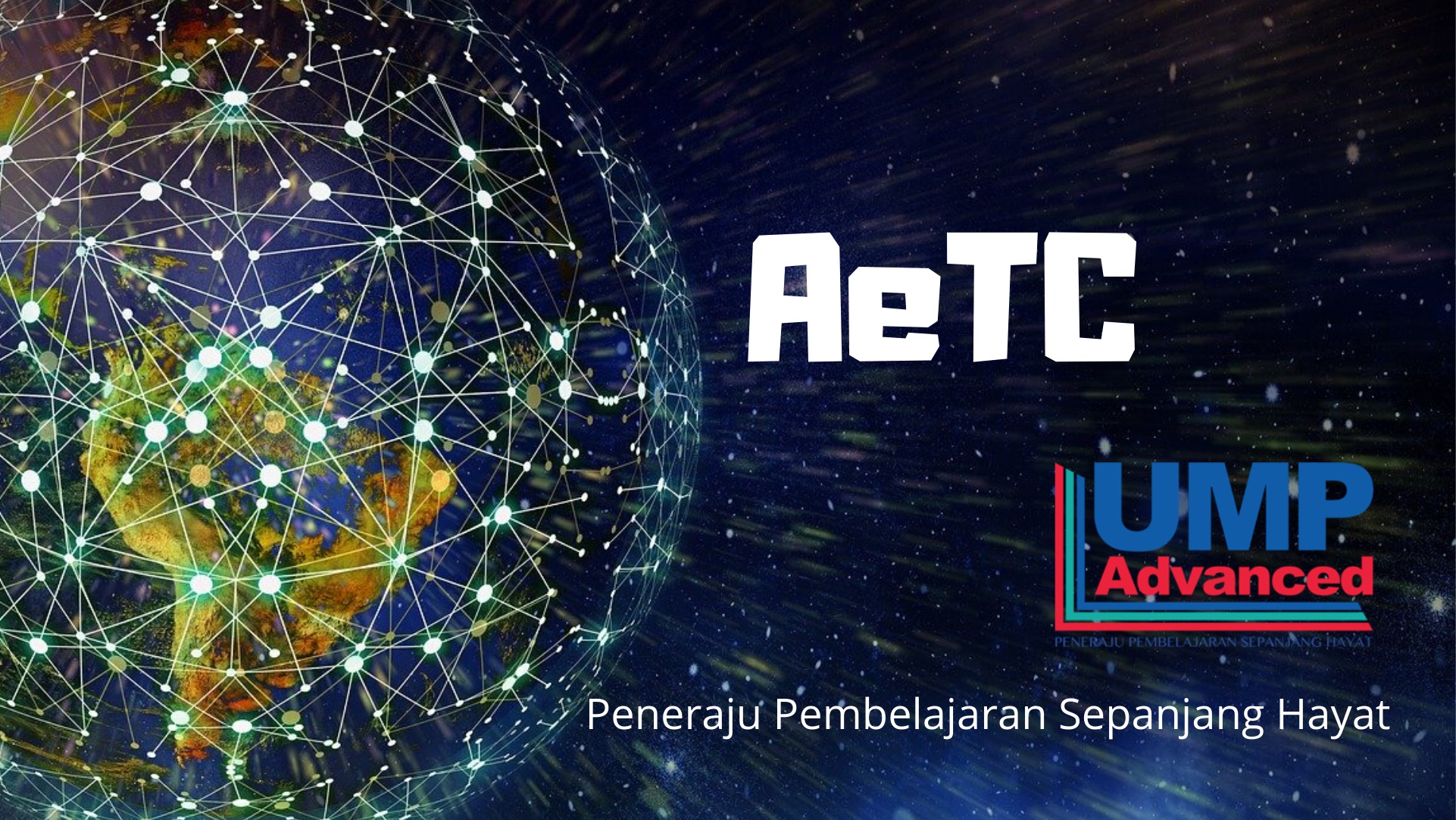
This Course Will Enable You To Prepare And Deliver Powerful Presentations That Will Increase Your Professionalism And Effectiveness. You Will Learn Practical Tips And Techniques For Planning Your Key Messages, Structuring Your Delivery And Creating An Interesting And Entertaining Presentation. This Is A Highly Practical Course Where Participants Are Required To Give Multiple Presentations To The Group.
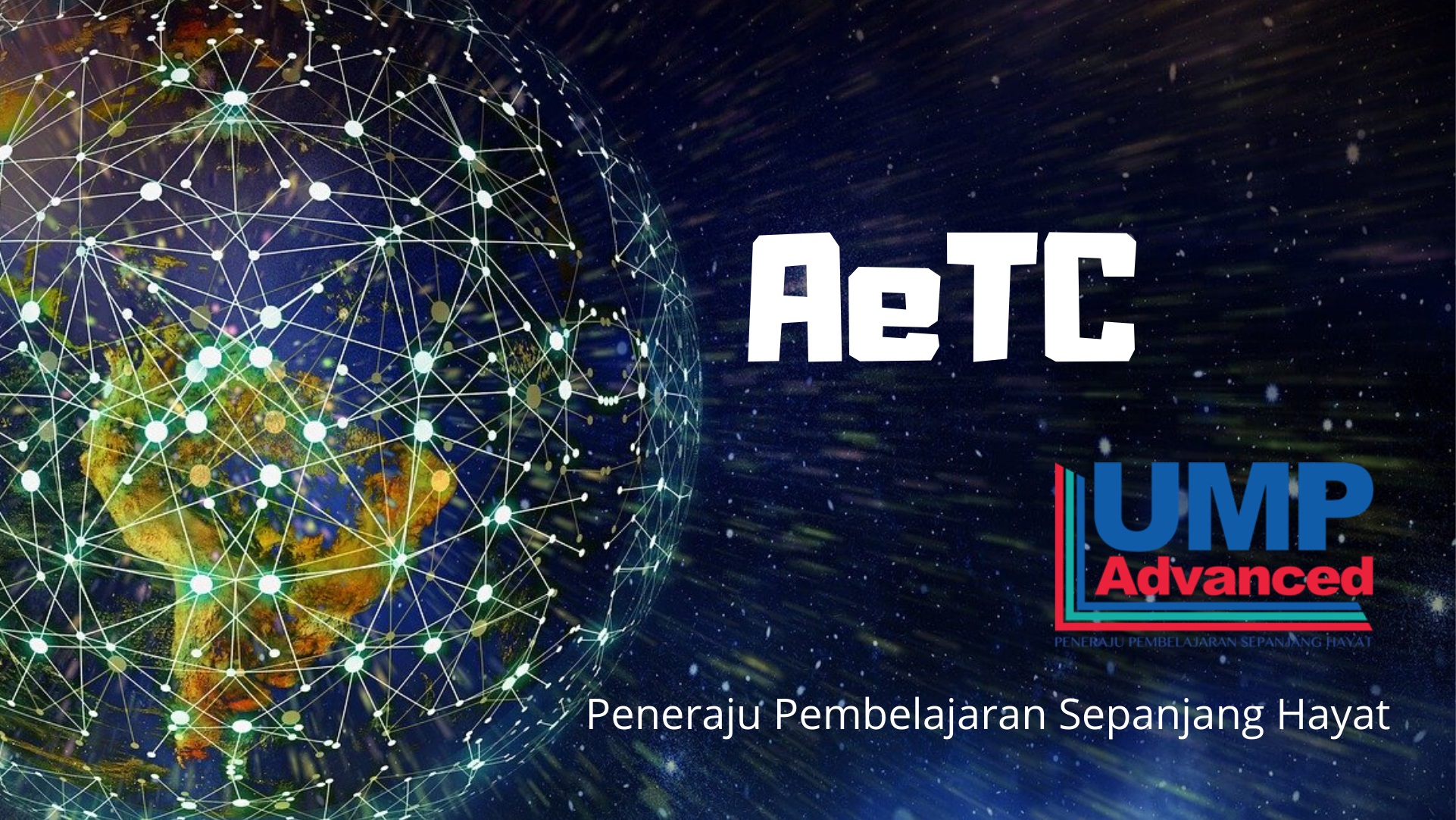
The global business environment is a dynamic and complex system that influences the operations and strategies of businesses on a global scale. This synopsis provides an overview of the global business environment, highlighting its key components and their impact on business operations. The synopsis addresses the following points: Globalization and Interconnectedness: It emphasizes the increasing interconnectedness of economies and the growing importance of globalization. It discusses how advancements in technology, transportation, and communication have facilitated global trade and the exchange of goods, services, and information. It highlights the opportunities and challenges presented by a globalized business environment. Economic Factors: The synopsis explores the economic factors that shape the global business environment. It discusses the impact of macroeconomic indicators such as GDP, inflation rates, exchange rates, and trade policies on businesses operating in different countries. It also highlights the influence of economic cycles, regional economic integration, and emerging markets on global business dynamics. Political and Legal Factors: The synopsis addresses the political and legal aspects of the global business environment. It discusses the significance of government policies, regulations, and political stability in shaping business operations and investment decisions. It highlights the role of international trade agreements, intellectual property rights, and legal frameworks in facilitating or constraining global business activities. Socio-cultural Factors: The synopsis explores the socio-cultural dimensions of the global business environment. It discusses the influence of cultural norms, values, beliefs, and consumer behavior on market dynamics and business strategies. It emphasizes the importance of cultural sensitivity and adaptation for successful international business operations. Technological Advancements: The synopsis highlights the impact of technological advancements on the global business environment. It discusses how innovations in areas such as information technology, digitalization, automation, and artificial intelligence have transformed business models, supply chains, and customer expectations. It emphasizes the need for businesses to embrace technological change and foster a culture of innovation. Environmental and Sustainability Considerations: The synopsis addresses the growing importance of environmental sustainability in the global business environment. It discusses the impact of climate change, resource depletion, and corporate social responsibility on business practices. It highlights the need for businesses to adopt sustainable practices, reduce environmental impact, and respond to evolving societal expectations. Overall, this synopsis provides a comprehensive overview of the global business environment, highlighting its economic, political, legal, socio-cultural, technological, and environmental dimensions. Understanding and navigating the complexities of the global business environment are crucial for businesses to adapt, compete, and thrive in an increasingly interconnected and dynamic global marketplace.
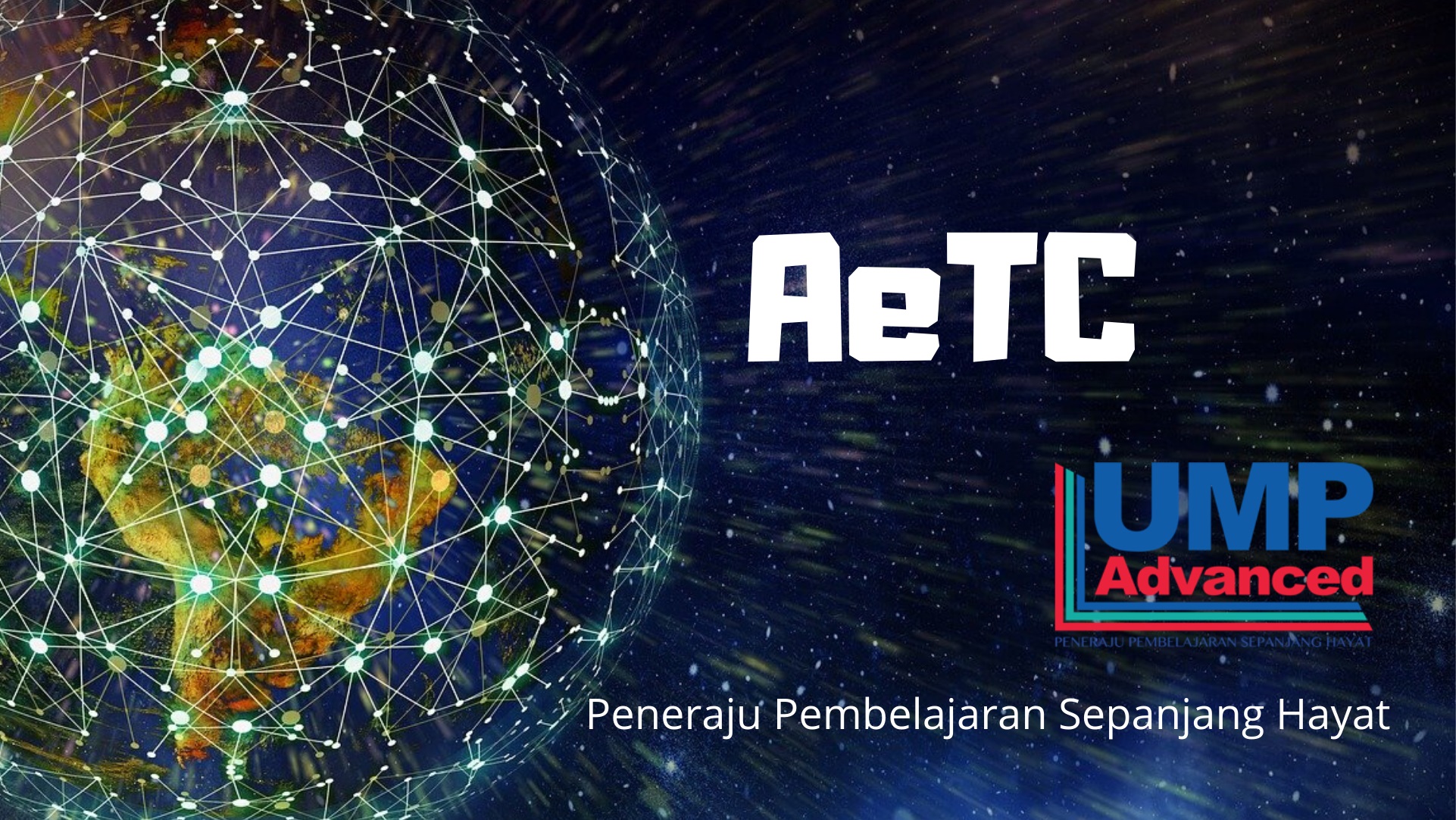
Strategic Management Deals With How A Firm’s Management Develops Sustained Competitive Advantage For The Firm. We Will Study Both The Formulation And Implementation Of Firm Strategies And The Management Activities Required To Make Those Happen. The Study Of Strategic Management Is Intended To Provide Students With The Foundations Of Successful General Management. All General Managers Are Concerned With Acquiring Needed Resources, Market Acceptance Of The Firm’s Product, And Competitors’ Actions. A Strategic Orientation Encompasses The Organization As A Whole And Its Relationship With The External Environment, Consisting Largely Of Other Organizations. Thus, Strategic Management Is Concerned With The Behavior Of Firms Rather Than Individual Human Behavior Within Firms. The Dynamic Competitive Environment Of The 21st Century Requires A Broad Understanding Of Human Knowledge And An Ability To Integrate Seemingly Disparate Concepts Into A Coherent Framework. It Requires Integrating The Business Knowledge You Have Been Learning In Your Business And Other University Courses Such As Finance, Accounting, Marketing, And Organization Behavior As Well Your General Education Courses.
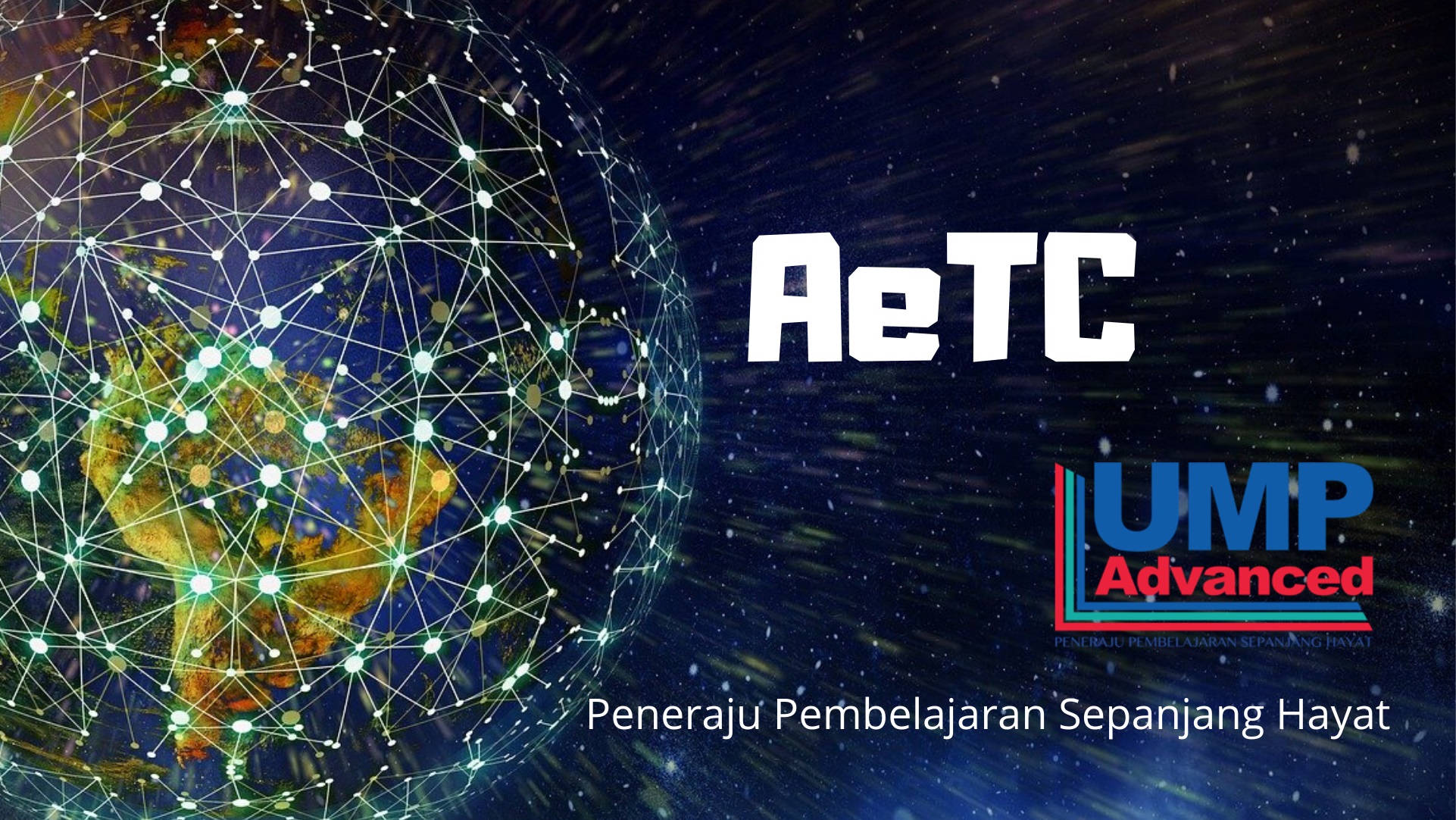
Financial Management Is Concerned With The Duties Of The Financial Manager In Business Firm Where He Manages The Financial Affairs Of The Business. The Tasks Performed By A Financial Manager Include Planning, Extending Credit To Customers, Evaluating Proposed Large Expenditures, And Raising Money To Fund The Firm' Operations. In Recent Years, The Changing Economic And Regulatory Environments Have Increased The Importance And Thus Complexity Of The Financial Management.
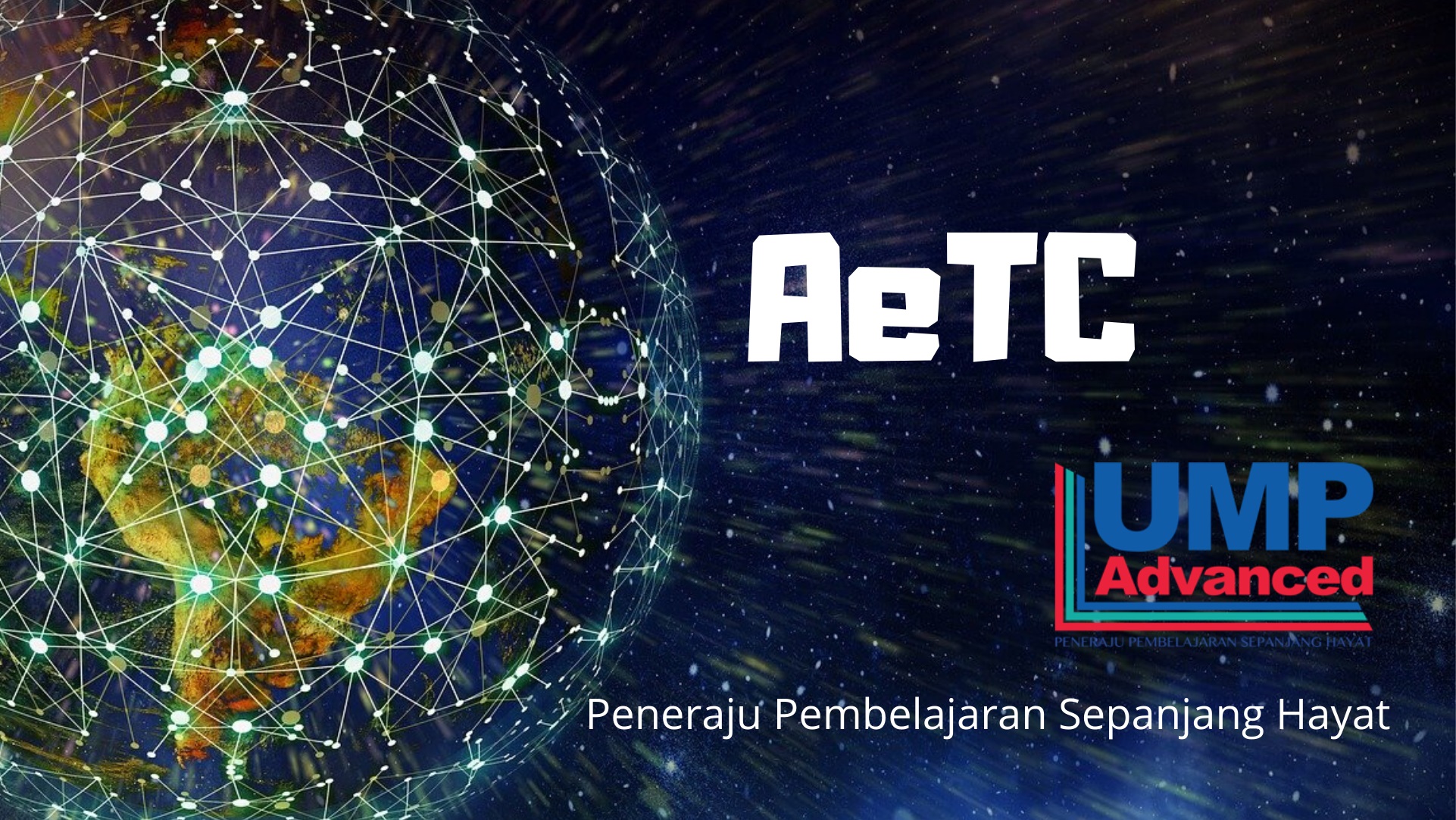
This Course Adds To Your Fundamental Knowledge Of Project Management By Teaching You The Details Of The Major Contemporary Tools And Techniques That Are Used In Planning, Monitoring, And Controlling Projects. The Appropriate Technologies Are Used To Give The Participant A “best Practices” Approach To The Effective And Efficient Management Of Projects.
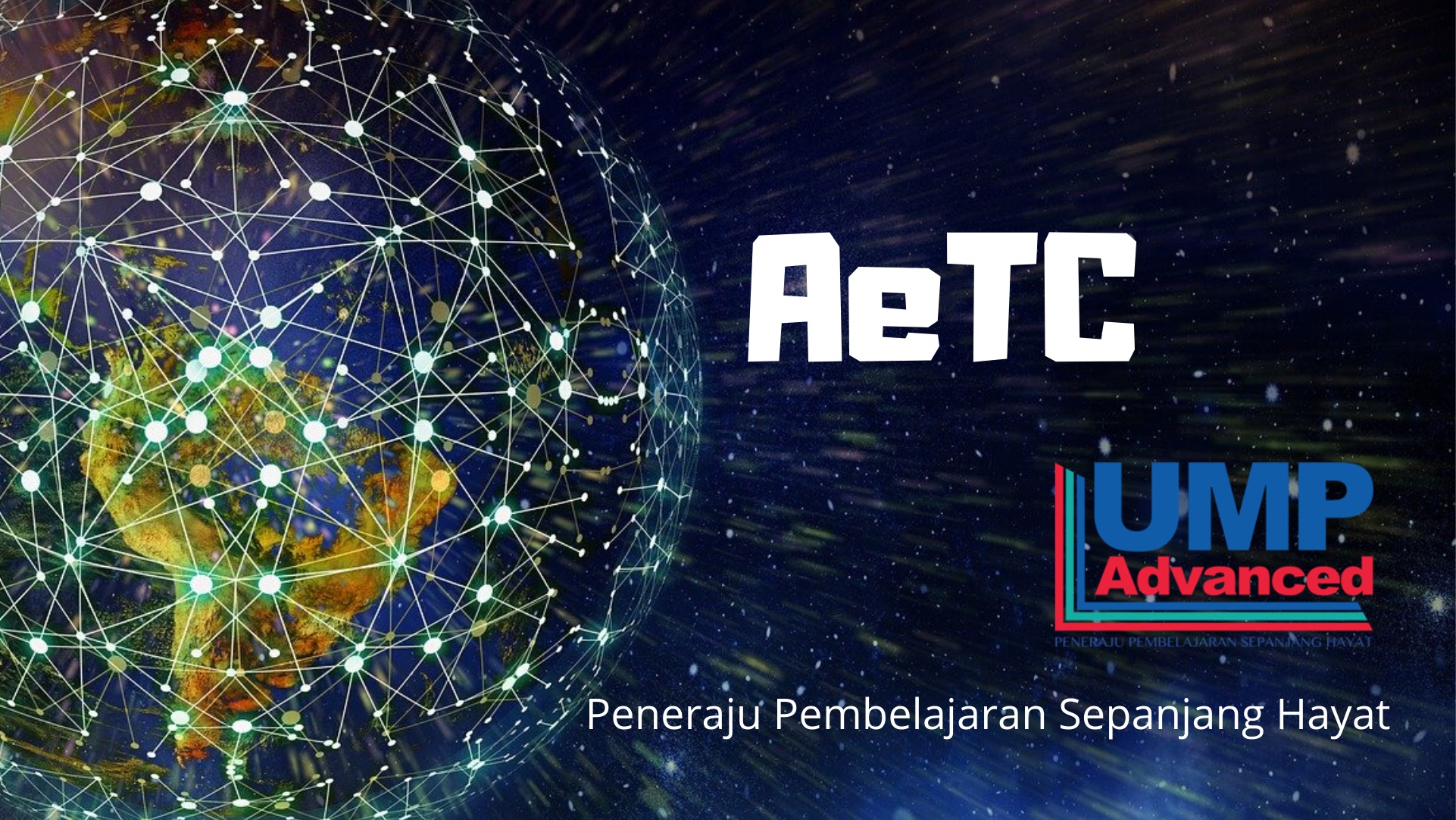
Managing Risks Is A Key Element Of Effective Project Management. To Remain Competitive, Project Managers Cannot Afford To Set Up Contingencies Or Control Measures For Every Conceivable Risk. Rather, Project Managers Must Assess Each Risk And Develop A Response Proportionate To The Risk. This Course Introduces Learners To Widely Accepted Risk Assessment, Management, And Control Practices Using Effective Tools And Techniques. This Course Is 100% Compliant With The Project Management Institute (PMI Current Project Management Body Of Knowledge (PMBOK Guide).
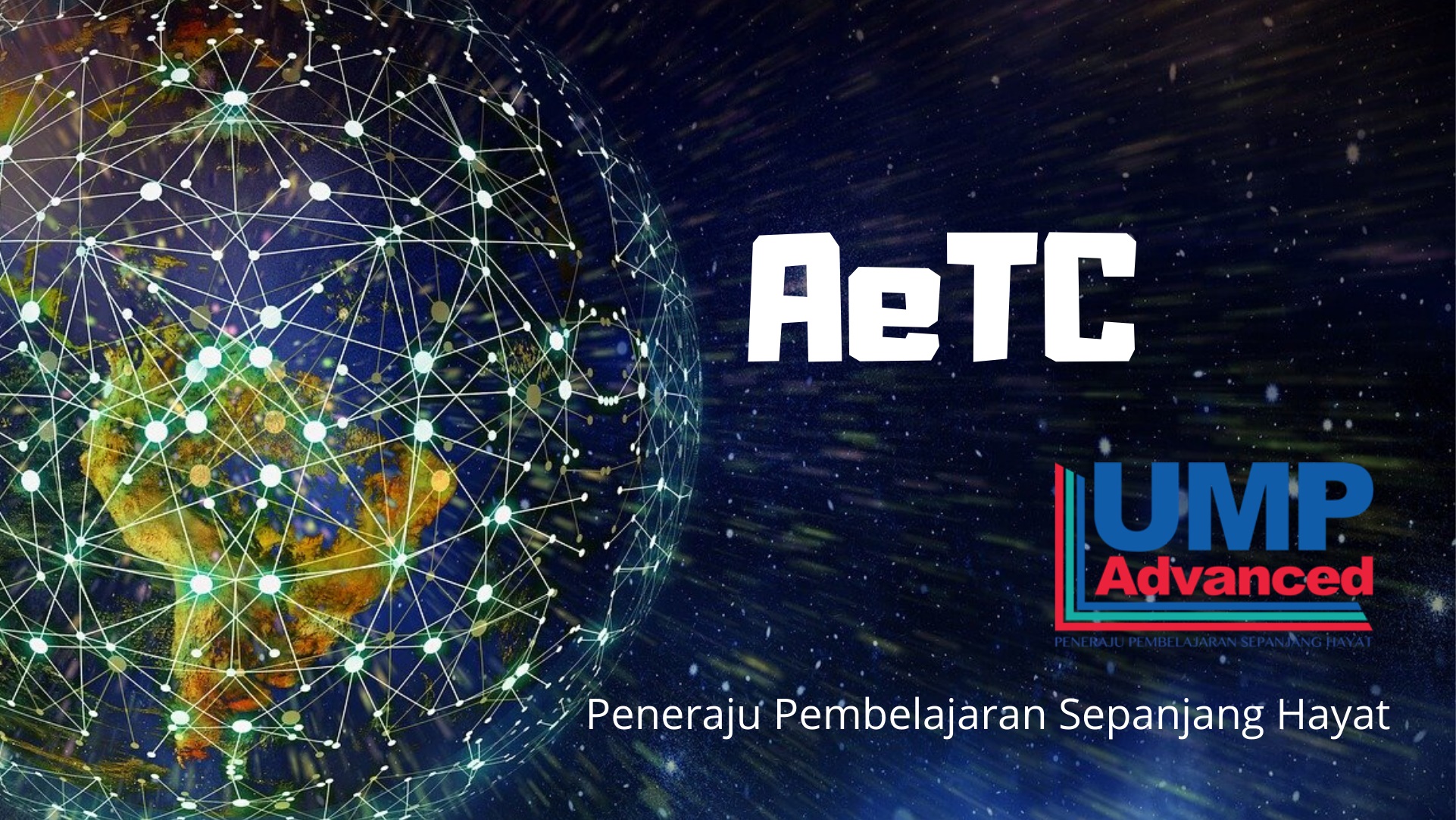
This Course Introduces Students To Quantitative And Qualitative Research Methods Used In The Research.Conducting Good Research Certainly Is A Goal Of This Course, And There Is A Method To The Madness.This Course Will Also Prepare Students For Analyzing Whether Research Is Good Or Bad In A Critical Fashion. The Approach Taken In This Course Is One That Understands That Not Everyone Will Become A Graduate Student. That Analysis Might Be Related To Reading About A Study In Popular Media, It May Be About Reading A Study Related To Our Work, And It May Be Related To A Student’s Desire To Conduct A Research Study On Their Own.
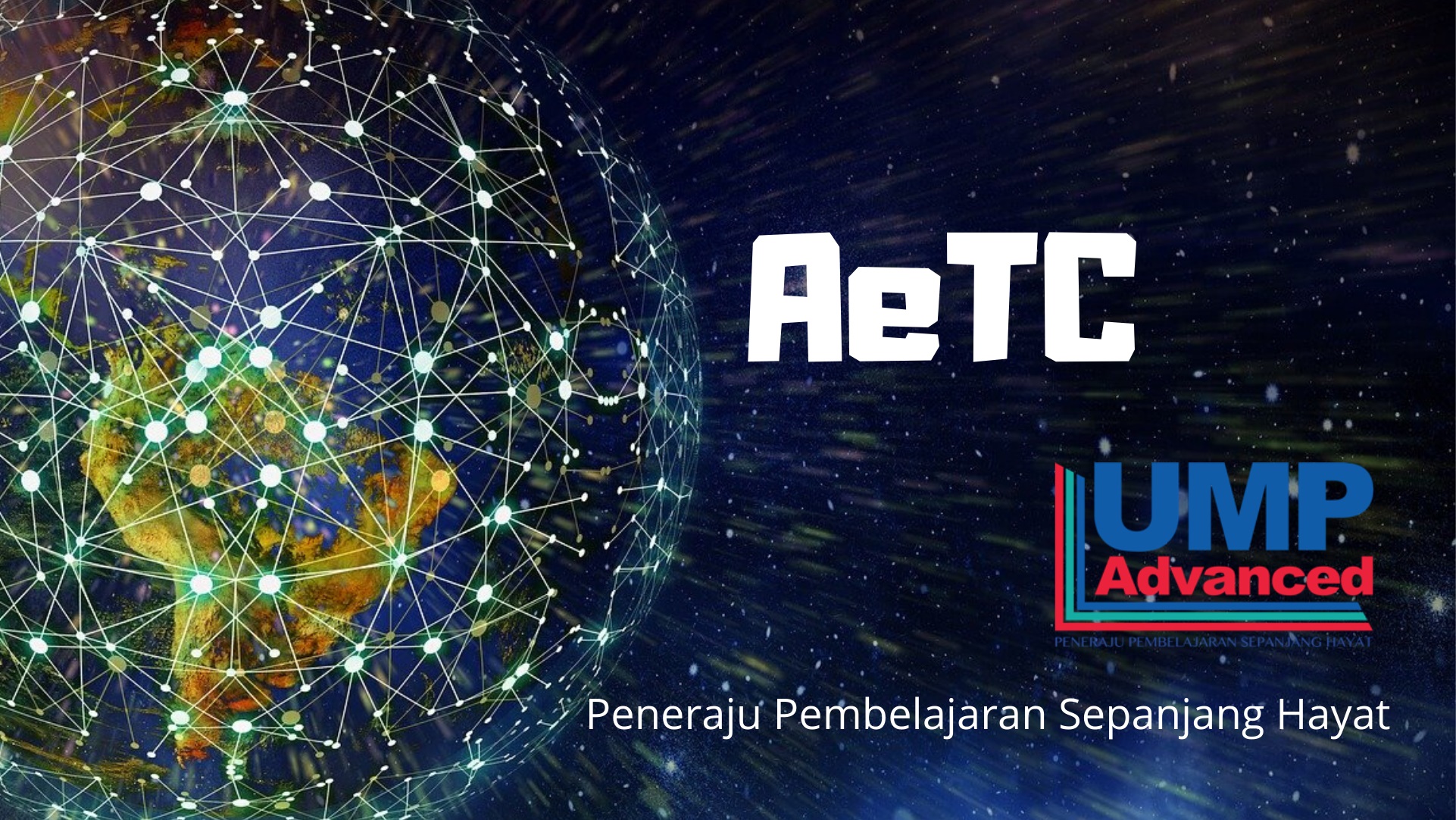
Project Paper Involves Taking A Specific Program And Examining The Application Of Program Evaluation Methods To That Program. However, The Course Syllabus Acknowledges That Students May Strongly Desire To Do Their Course Project Paper On An Alternative Topic, And To Accommodate This Desire There Is An Alternative Course Project Paper Option.